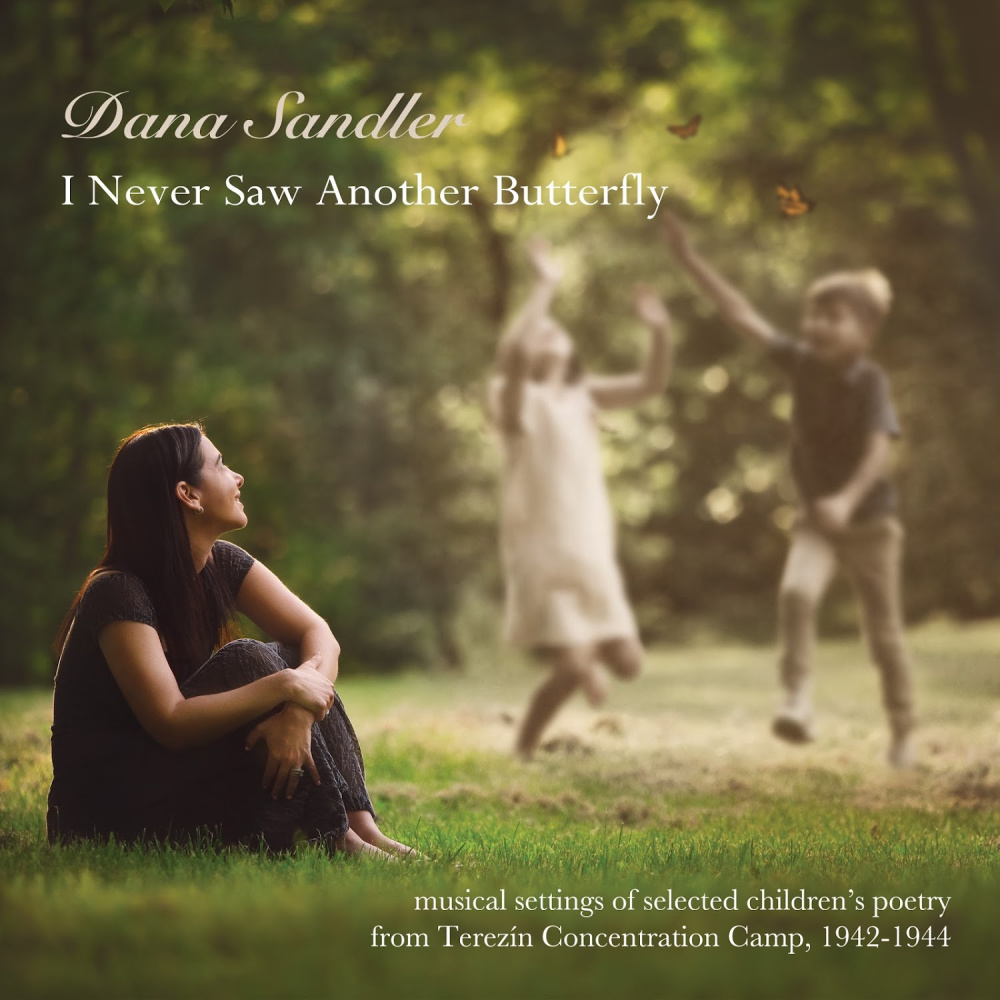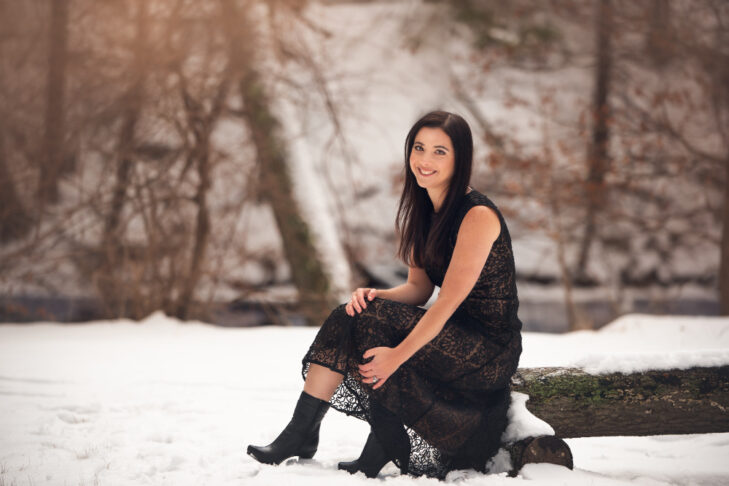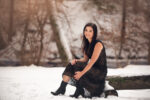Based on “I Never Saw Another Butterfly,” the classic volume of children’s poems written in the Terezin concentration camp, Dana Sandler has created a song-cycle for nine poems from the book. Her album of the same name features the poetry of five children—Pavel Friedmann, who wrote the poem from which the book’s title and Sandler’s album originate, Franta Bass, Alena Synkova-Munkova and the work of two anonymous children who also perished in the Holocaust.
Sandler recently spoke to JewishBoston about her upcoming concert at Temple Shalom in Newton, where she will debut her album. The album’s inspiration goes back to Sandler’s teenage years. “My mother brought back ‘I Never Saw Another Butterfly’ from Europe, and the book left its mark on me,” she recalled. “At the time, I was the same age as the poets in the book, and I kept a place in my heart for them.”
The poetry’s subject was too intense for Sandler. It wasn’t until she became a mother that she revisited the poems and thought about setting them to music. By that time, she also had a master’s degree in jazz vocal music and was a physician assistant at Boston Children’s Hospital. But after the murders at the Tree of Life Synagogue in Pittsburgh in October 2018, Sandler said, “I felt a fire under me. At the beginning of the project, I read survivor testimonies, and my prime concern was, how do we remember these people?”
Sandler’s album is dedicated to Friedl Dicker-Brandeis, an Austrian artist and educator who was deported to Terezin in December 1942. In the ghetto, she taught clandestine art classes until she was sent to Auschwitz in September 1944. During those two years in Terezin, Dicker-Brandeis filled two suitcases with 4,500 children’s drawings and poems. She entrusted her precious collection to a tutor in the girls’ barrack in Terezin. After the war, the suitcases were sent to the Jewish community in Prague, and their contents remain on display in the Jewish Museum there. A selection of the poems and artwork comprise “I Never Saw Another Butterfly.”

“The overall concept of the album is to commemorate the 75th anniversary of the liberation of Auschwitz-Birkenau,” Sandler said. “I also want to honor the voices of those who were silenced too soon. My music is also a response to the rise of antisemitism and the overall hate in this climate. It’s so important to talk about this history today. For example, I’ve seen the artwork of separated children [at the U.S. southern border] who have drawn pictures of themselves in cages. These pictures are eerily similar to the artwork in the book. It alludes to the importance that the Holocaust happened not that long ago. It can happen again if we don’t talk about it.”
Sandler, a vocalist and composer, said that as she was writing, she was conscious of the work’s musical arc. Each of the song-cycles starts on a heartbreaking note but ends in a hopeful place. “There is beauty in those young poets’ words despite what they were going through,” she said. “My intention was to see their hopes and dreams go forward musically. The poems have classical settings, and each section has an instrumental dedication to set up the tone, the rhythmic figure and the center for the poems. There are also little hints of pieces from other parts that connect all four sections.”




